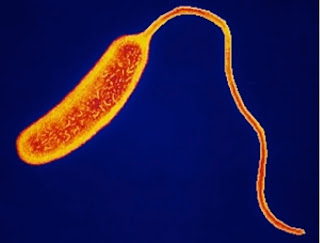"I'm not going to accept the version the government's giving. In no way do I accept it." - Ofelia Acevedo, Oswaldo Paya's widow
On July 22, 2012 Oswaldo Payá Sardiñas, founder and leader of the Christian Liberation Movement and Harold Cepero Escalante, member of the cited movement, lost their lives on the Las Tunas-Bayamo highway, in the island of Cuba. In the wrecked car traveled together with them, Ángel Francisco Carromero and Jens Aron Modig, Spanish and Swedish citizens respectively.
In the absence of official information to clarify to the families of the deceased the truth of the accident that killed Oswaldo Payá and Harold Cepero, we ask, as required by respect for truth and the duty of care to the pain of the victims of this tragic event, to proceed in the shortest possible to make known the truth of what happened.
In the words of Ofelia Acevedo, widow of Oswaldo Payá, founder and new leader of the Christian Liberation Movement, the families of the two dead dissidents do not look for the guilty, but for the truth. We join this claim and demand the opening of a transparent investigation conducted by an international organization whose sole purpose is the pursuit of truth.
Only in this manner can the contradictions that from the outset have surrounded the deaths of Payá Sardiñas and Cepero Escalante dissipate. We also ask, according to international law and the most basic duties of justice to be met by any government in the world that the process of inquiry into the truth of the death of Payá Sardiñas and Cepero Escalante, guarantee the Spanish and Swedish citizens that traveled aboard the wrecked car, care and fair legal defense and according to law.
Original Spanish text of the petition and form to add your name available here.
On July 22, 2012 Oswaldo Payá Sardiñas, founder and leader of the Christian Liberation Movement and Harold Cepero Escalante, member of the cited movement, lost their lives on the Las Tunas-Bayamo highway, in the island of Cuba. In the wrecked car traveled together with them, Ángel Francisco Carromero and Jens Aron Modig, Spanish and Swedish citizens respectively.
In the absence of official information to clarify to the families of the deceased the truth of the accident that killed Oswaldo Payá and Harold Cepero, we ask, as required by respect for truth and the duty of care to the pain of the victims of this tragic event, to proceed in the shortest possible to make known the truth of what happened.
In the words of Ofelia Acevedo, widow of Oswaldo Payá, founder and new leader of the Christian Liberation Movement, the families of the two dead dissidents do not look for the guilty, but for the truth. We join this claim and demand the opening of a transparent investigation conducted by an international organization whose sole purpose is the pursuit of truth.
Only in this manner can the contradictions that from the outset have surrounded the deaths of Payá Sardiñas and Cepero Escalante dissipate. We also ask, according to international law and the most basic duties of justice to be met by any government in the world that the process of inquiry into the truth of the death of Payá Sardiñas and Cepero Escalante, guarantee the Spanish and Swedish citizens that traveled aboard the wrecked car, care and fair legal defense and according to law.
Original Spanish text of the petition and form to add your name available here.

























